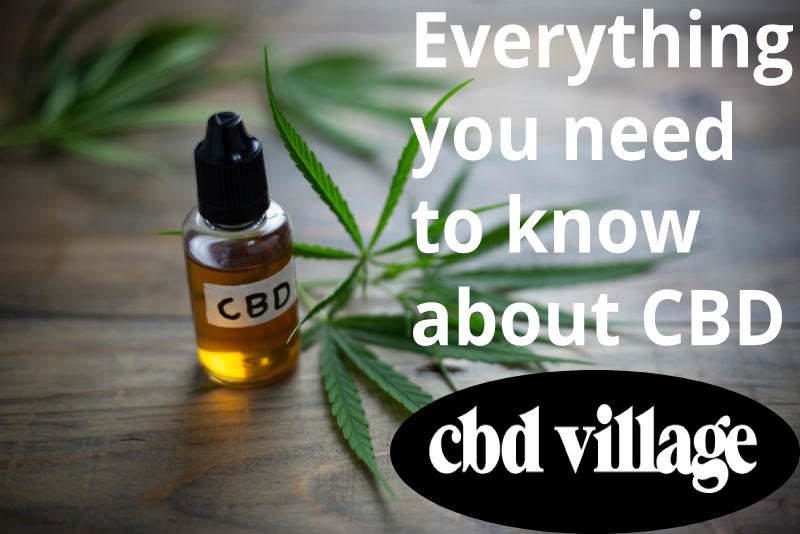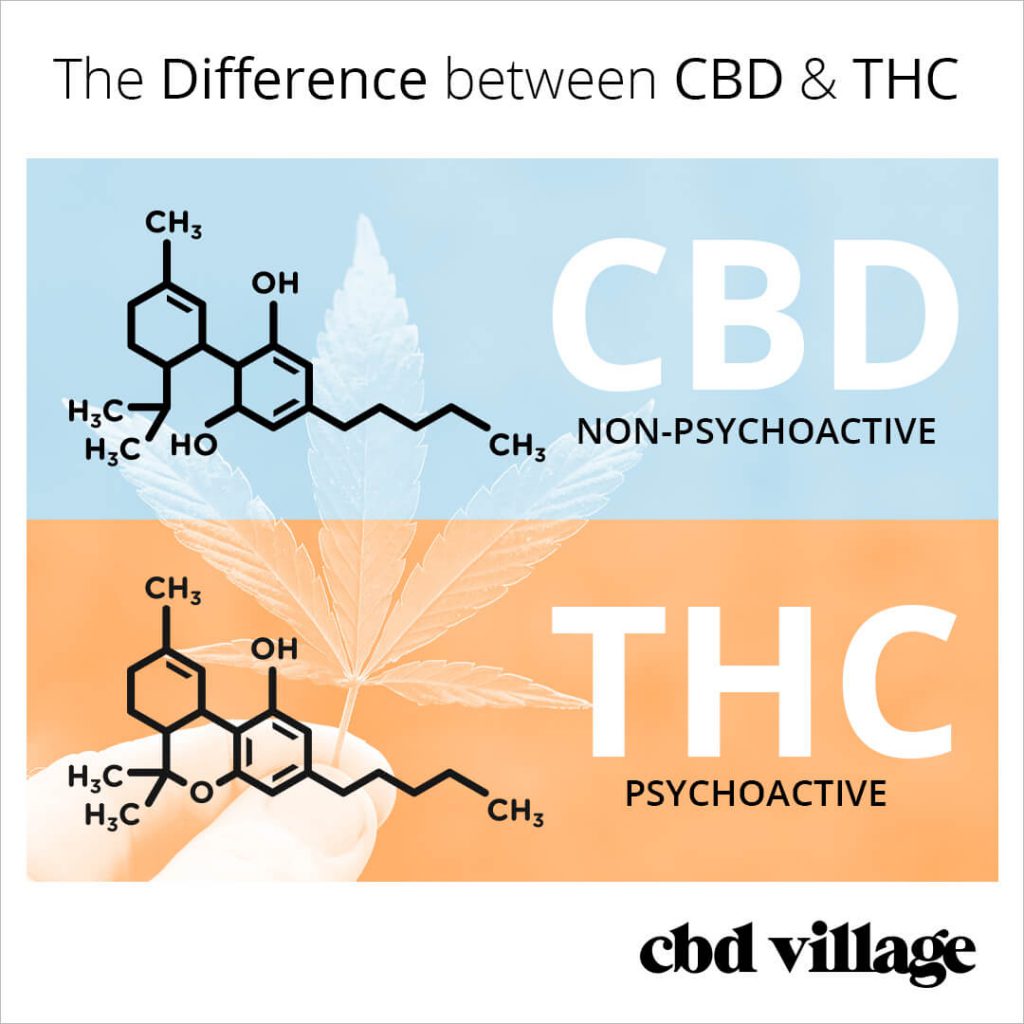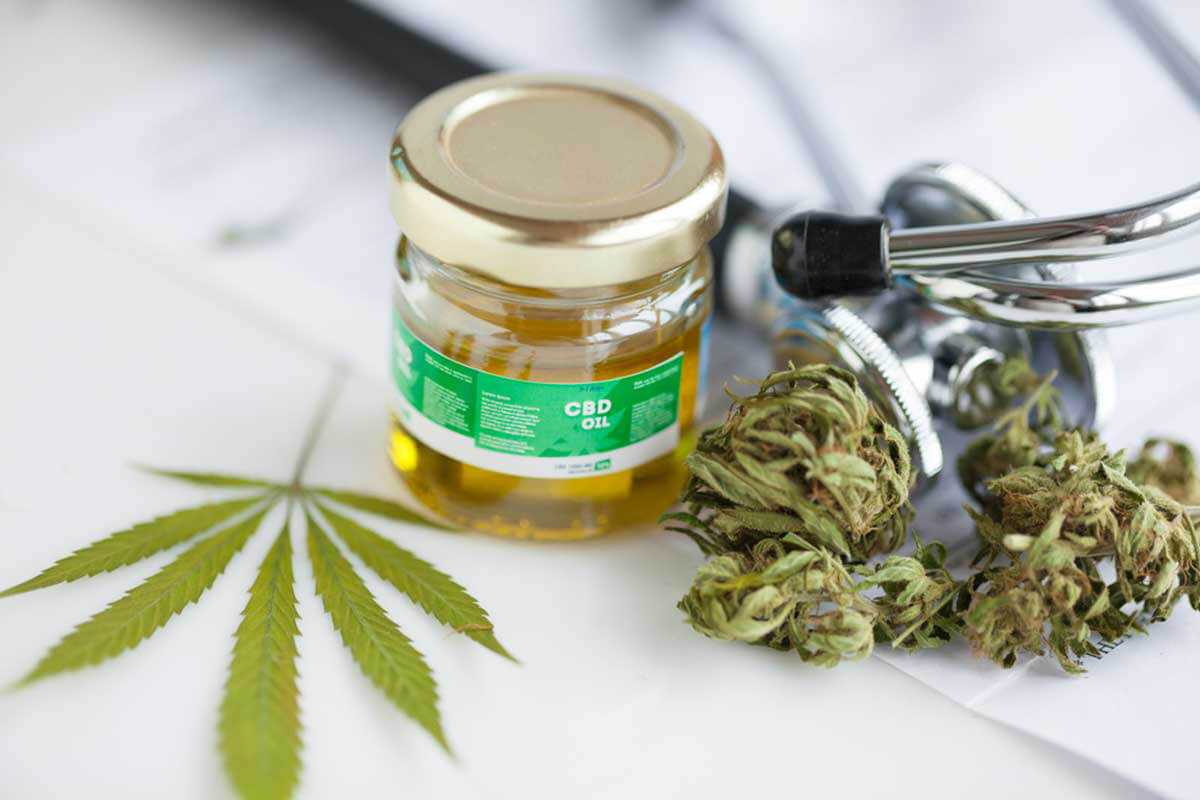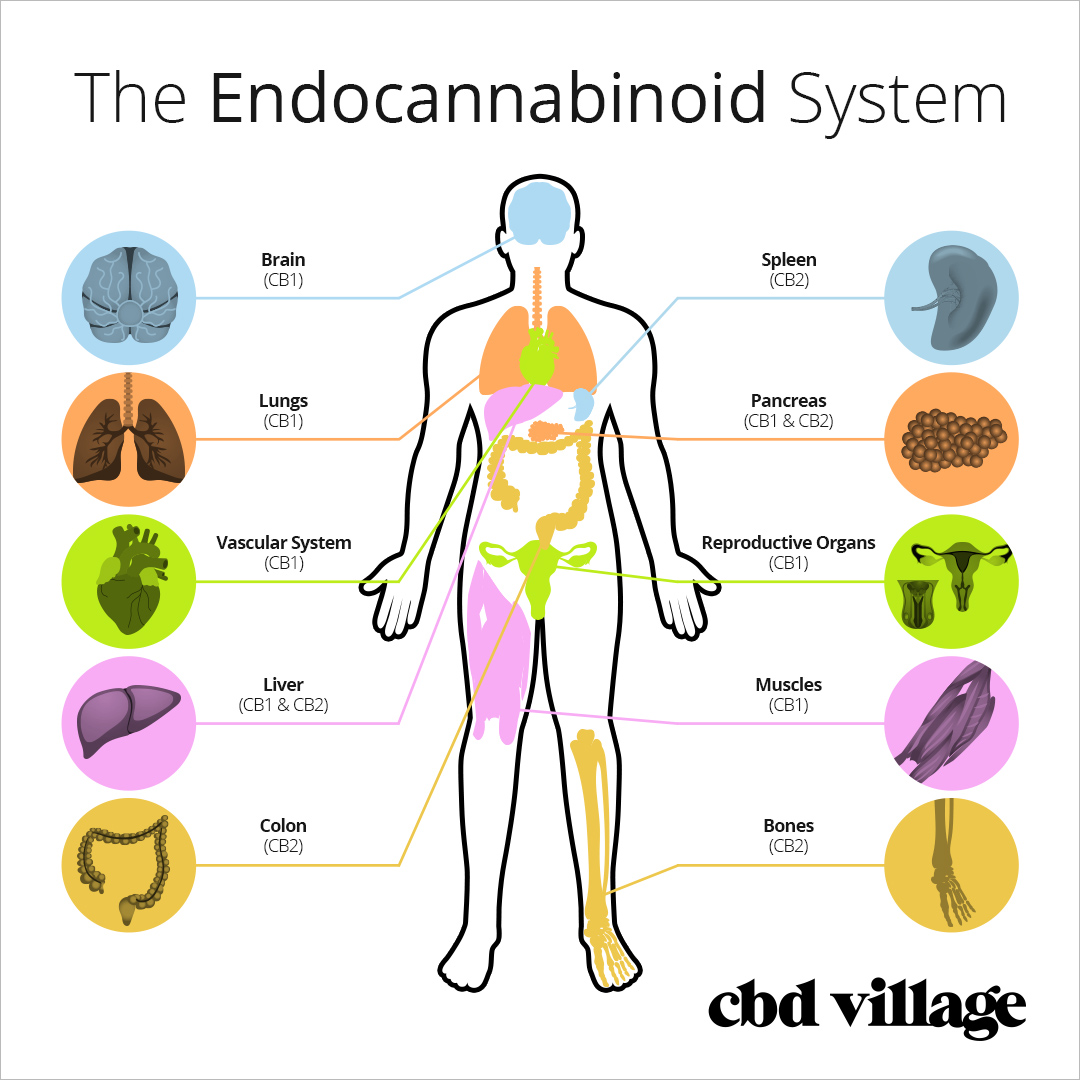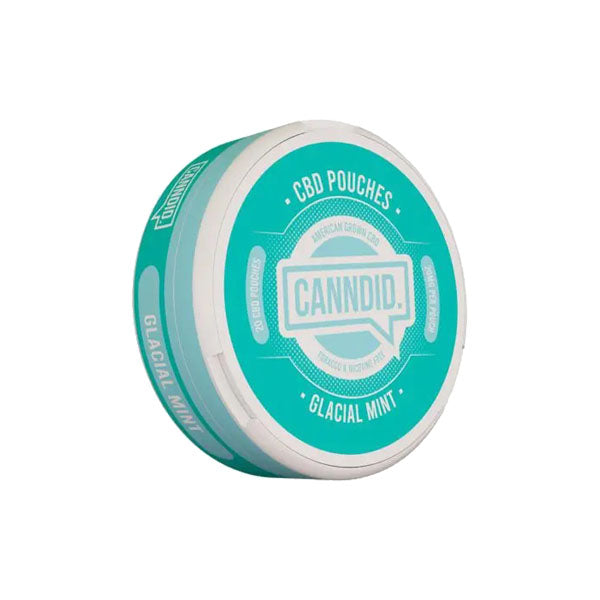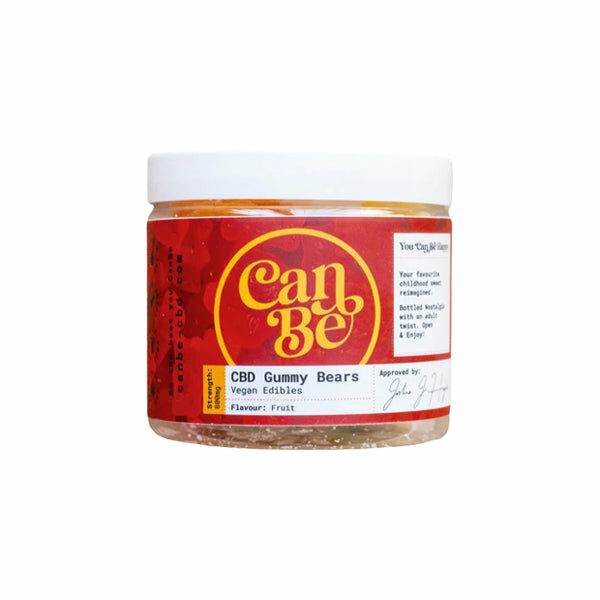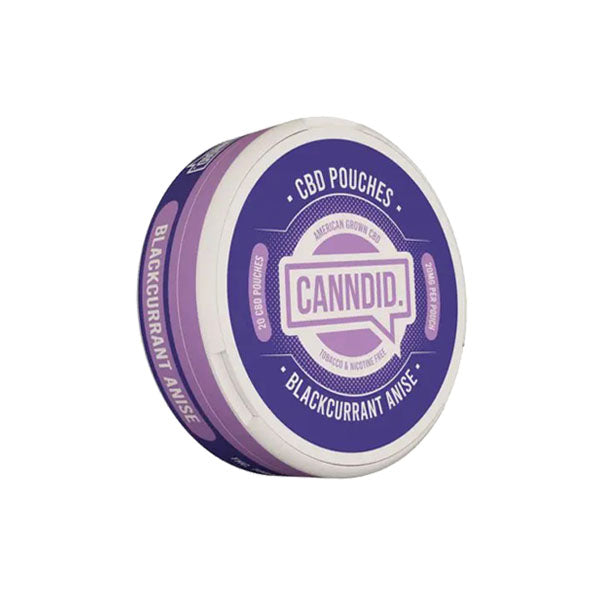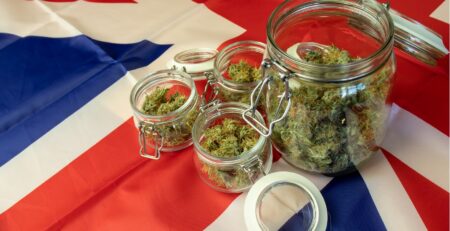Beginners Guide to Everything CBD
Beginners Guide to CBD Oil
Youd have to have been living under a rock to not have heard the hype surrounding CBD oil in the UK. It is making headlines in the news all over the world for its supposed health benefits which has sparked huge debate over CBD being legalized in some forms across the UK and the world.
[lwptoc]
But what is CBD oil? We aim to separate the truth from the fiction surrounding this supplement that has recently being talked about as a wonder medicine.
CBD for Beginners
CBD stands for cannabidiol. It is one of 100 of naturally occurring compounds found within the cannabis plant called cannabinoids. These cannabinoids interact with humans in multiple ways and each individual cannabinoid has its own unique set of properties.
CBD was first discovered in 1940 by American Scientist Dr Roger Adams. Dr Adams and his team managed to isolate the compound during studies at the University of Illinois. It wasnt until several years later that research into CBD was fully conducted, and this was because it was initially believed to have no effect on the human body. Almost all the research effort from 1940 to 1970 was purely concentrated on CBD sister compound tetrahydrocannabinol or THC the main psychoactive constituent of cannabis that elicits the high or stoned effects that are commonly associated with cannabis use.
CBD oil has built up a significant cult following in recent years in the UK and is becoming increasingly popular with many groups. CBD is not water-soluble and has to be dissolved in an oil or an alcohol to be used.
CBD in the UK – Cannabis Oil Guide
In recent years, research into CBD is overtaking THC as the primary focus of scientific study, and this is due to CBD reported medical effects. These reports started of as anecdotal stories by users who had been taking CBD as a food supplement, since it has been available in health food stores in the UK from the 1990.
However, it wasnt until 2017 in the UK that CBD properly caught the attention of mainstream media following the story of a mother, Charlotte Caldwell, who had her son Billy cannabis oil seized at Heathrow airport. She was unable to get cannabis oil in the UK strong enough that helped with her son epilepsy, after he reportedly suffered from 100 of seizures per day. Charlotte reported that with CBD, the seizures that Billy was suffered reduced to only a handful per week.
When Billy cannabis oil was seized at the UK border by Customs, Charlotte did what any mother would. She went to the mainstream media and accused the Home Office of signing her son death warrant. This then provoked a big debate in government about the legal status of cannabis in the UK and eventually led to the legalization of cannabis oils on the NHS on November 1st, 2018.
Read More:
Cannabis as a Medicine Through History
For as long as history has been recorded, cannabis has been used as a medicine. These reports originated from the far east from thousands of years ago in countries such as China, Japan and India. Its first reported use is believed to date back 12,000 years ago to Japan to a pre-Neolithic society who reportedly used the plant as a food source, for fibres, for medicine and as a psychoactive material. In Ancient Egypt, Egyptian herbal texts reference cannabis as a medicinal plant for many ailments.
The first completely solid evidence of cannabis being used as pain relief is from Chinese Emperor Shen-Nung from over 4,000 years ago.
Cannabis sativa was an important herb in ancient Chinese medicine and many treatises and manuals of the time point to it as an essential medicine. It appears to have been used for a wide range of ailments from nervous disorders, falling hair, ulcers, and stopping fluxes. Parts of the plant were also used as an anaesthetic.
Cannabis then reportedly made its way west across mainland Africa, Mainland Europe then South America and finally completing it worldwide journey in North America at Canada in the 1920. It was around this time that countries worldwide made cannabis illegal.
A neolithic grave in The Netherlands, from 4200-4400 years ago, was found to contain numerous Cannabis seeds, along with some material of meadowsweet or Filipendula ulmaria. Meadowsweet is known to have fever-reducing properties, so this find implicates that CBD may have been being used, if inadvertently, at least as early as since people began to farm.
CBD Detected – The 20th Century
CBD itself was first isolated in 1940 in the USA by two chemists, Adams and Todd. It was not until 1963 that the exact structure of CBD was discovered by Mechoulam and his research team at the University of Jerusalem. Mechoulam and his colleagues used NMR – nuclear magnetic resonance, a new technology at the time. This involves the use of an enormous electromagnet that can have a mass of many tonnes and is a costly technique.
From having the absolute structure and knowing exactly what atom fits where on the CBD molecule, researchers have since that time been able to predict possible effects the molecule will have on biological organisms, such as humans and our pet mammals.
What Effects Does CBD Have?
As previously mentioned, CBD is a cannabinoid that interacts with the human body. When it has been ingested, it enters the blood stream and then makes its way to cannabinoid receptors located through most organs, muscles and nervous systems all throughout the body. These cannabinoid receptors make up the Endocannabinoid System (ECS) which is responsible for pain relief, memory, inflammation amongst a variety of other functions.
How Can You Consume CBD?
CBD can be found and consumed in a variety of different ways. The cannabis plant produces cannabis flower or buds that dont just have to be smoked. Cannabis flower can be processed in such ways that extracts the CBD into more concentrated forms that allows for it to be more bioavailable than CBD would be commonly found in nature. These ways of consuming cannabis include: –
- Full Spectrum Oil CBD is extracted from the cannabis plant along with other cannabinoids and placed into a carrier oil. These generally contain between 3 and 30% CBD and usually less than 0.3% THC.
- Pure extract CBD is extracted from the cannabis plant and separated out from the other cannabinoids. Pure CBD isolate is found as a white crystal. However, this is usually mixed with a carrier oil for ease of use.
- Tincture Cannabinoids can be extracted out of the plant in an alcoholic solution with alcoholic concentrations of greater than 40%. These are most commonly found in home extractions of cannabis. This is CBD diluted in an oil or an alcohol, which can be applied to the inside of the mouth. The tincture will generally come in a small bottle, of glass or plastic. Some CBD tinctures include a dropper so that users can place a certain amount of drops underneath the tongue or behind the gums. Other tinctures have a spray head with which people can spray a fine mist in the inside of their mouths. CBD sprays is one of the most popular and easiest ways to consume cannabidiol.
- CBD Vape Oil CBD can be mixed with special CBD vape pen juices and then inhaled via a vaporizer pen. Read more about Vaping in the UK here.
- CBD Edibles CBD can be mixed into a variety of different foods. The foods need to contain fatty substances such as butter or oils as cannabinoids will fully dissolve when mixed with fatty substances. The most common cannabis foods are gummies (sweets).
- CBD Topicals Topicals are a range of creams used in skin-care. The skin contains cannabinoid receptors on its surface that when CBD is applied to can provide good localized pain relief.
- Smoking CBD is found in different concentrations in different strains of cannabis flower. This generally ranges from 0.1% up to 15%. However, cannabis flower will commonly contain THC and if this is above 0.2% THC then the cannabis flower is illegal in the UK.
There are many other ways in which cannabis can be consumed, but these are a lot less common. It is safe to say that due to the multiple different ways in which CBD can be consumed, it provides a lot more interesting and less boring methods of consumption than conventional medication.
Find great cbd e liquid reviews here.
What is the Law Surrounding CBD in the UK?
Is CBD oil legal in the UK? CBD has never had a law specifically outlawing it in the UK. It is the THC content in cannabis plants and cannabis-based products that determine whether they are illegal or not. Cannabis can come in two main types, either marijuana or hemp. These difference between these two according to UK law is as follows:
Marijuana More than 0.2% THC
Hemp Less than 0.2% THC
READ MORE: Is CBD Legal in the UK?
This means that cannabis-based products on the market in the UK must contain less than 0.2% THC in order to comply with the law. Every bottle of CBD sold in the UK should clearly show the THC content on it, so you shouldnt have to worry about breaking the law.
To ensure the CBD you purchase is safe and not a fake low-quality product, it is best to only buy the best CBD oil. Check for CBD oil reviews and buy CBD from a reputable supplier. If you enjoyed this article be sure to check out our post on the Best Ways To Mask The Taste Of CBD.

